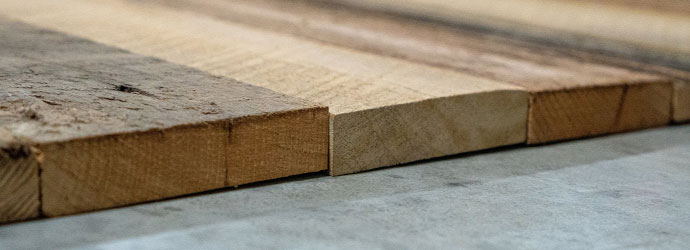
Why We Have Wood Grades.
People have been using hardwood floors for hundreds of years — examples can be found in some of the oldest castles and palaces in Europe. In the era when those floors were laid, hardwood floors were constructed by hand in every aspect, from cutting down the lumber to applying the wax.
With the advent of hardwood floor manufacturing machinery, however, an entire industry was born. While installing, sanding and finishing a floor remained a specialized skill, creating the floors themselves was no longer a painstaking process. Around the turn of the century, mills were established specifically for the production of hardwood floors. Not long after, the burgeoning wood flooring industry saw the need to implement standards, or grades.
Today, nearly a century later, grading is an essential part of doing business in the hardwood floor industry. Grades group flooring with similar qualities, bringing a degree of consistency to products from different mills. Grades tell the purchaser the minimum to expect when buying product, including surface characteristics, required lengths and milling tolerances. Grades also help ensure that money isn’t wasted either by consumers or producers — buyers can confidently expect to get the quality of product they pay for, and manufacturers know they aren’t wasting money by selling high-quality product at a lower-quality price.
In some cases, grades are established by industry associations, such as the National Oak Flooring Manufacturers Association and the Maple Flooring Manufacturers Association. The development of hardwood flooring grades was the main impetus in the formation of those groups. Association guidelines apply to more than 90 percent of the solid flooring manufactured in the United States and Canada. In addition to creating grades, the associations provide an impartial party to settle disputes about grading and perform grading inspections.
Manufacturers must be members of such associations to qualify for their grading dispute service. In other cases, hardwood flooring manufacturers determine their own classifications and create their own grades, or “proprietary grades,” by which they sell their flooring.